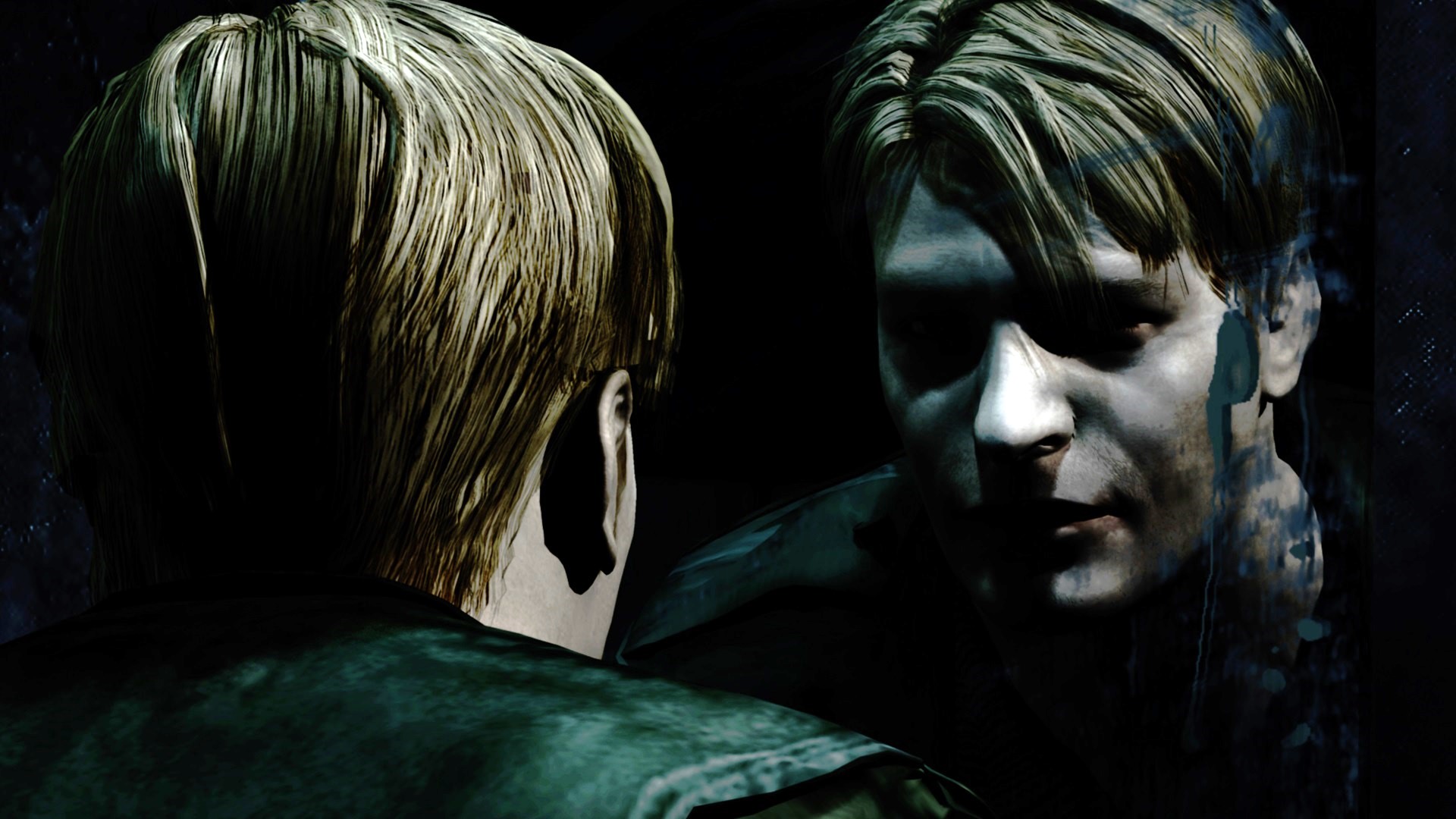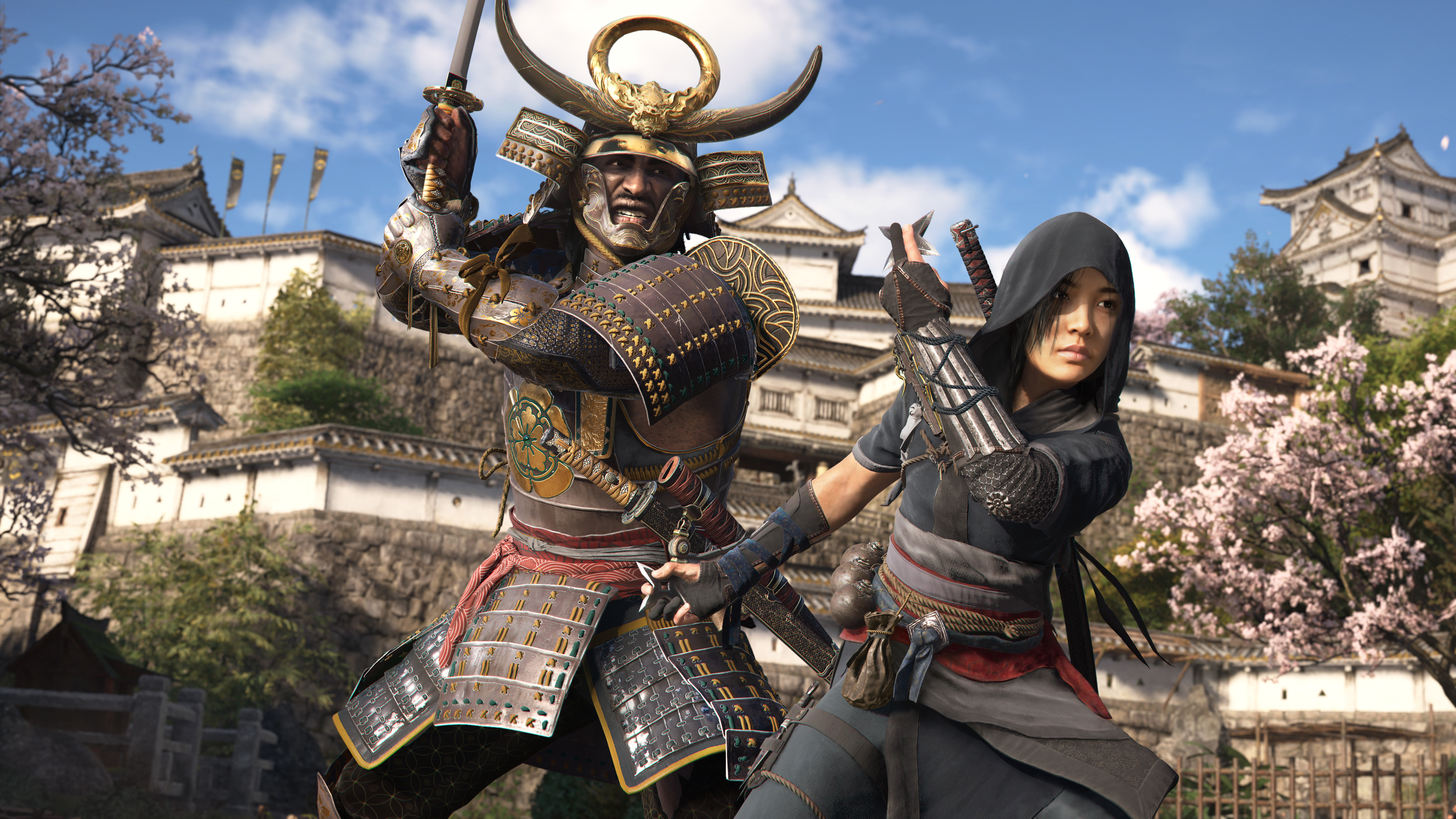After 2024, it feels like the games industry is poised for a vibe shift—or maybe a reckoning
This year's trends and hardships are setting up 2025 to be a year of big change.

2024 has been a year of incredible videogames. It's also been bloody: just like 2023 before it, there have been thousands of layoffs, dozens of studio closures, failures from companies that we once assumed were too big to fail. GameStop shut down Game Informer, the only other surviving gaming magazine in the US, as its CEO honed his corporate strategy to tweeting "TRUMP" 700 times in a row. Elon Musk threw in with the "games are too woke" crowd. As I reflect on the year and try to hold those two thoughts in my head—it's been another great year for games, and another terrible year for the games industry—another more nebulous one is floating around the edges, harder to fully grasp.
I've never seen so many people more frequently, loudly express some version of the same core feeling: 'The system is broken.'
It's something like this: After yet another year of good games but bad times, the mood is changing, reaching an "enough of this shit" threshold that could begin to rumble the status quo.
That's the rough conclusion I come to after straining to Human Centipede all of these 2024 events, and more, into one monstrously fused thought:
- Roughly 15,000 game developers were laid off; there are far too few open roles for the industry to retain that talent
- Right-wing reactionaries fueled a renewed hate campaign against "wokeness" and "DEI" in gaming, with consultancy Sweet Baby Inc. taking the brunt of the fire
- Any remaining goodwill around Microsoft's acquisition spree curdled with the blundering closures of Arkane Austin and Tango Gameworks, two extremely talented studios that paid the price for corporate balance sheet BS
- Balatro spawned copycats nearly instantly, reinforcing how quickly and eagerly developers hungry for a hit in the crowded Steam marketplace will pounce on a proven idea
- After layoffs, years of internal struggles and declining interest in Destiny 2, Bungie seems poised to be totally subsumed by Sony even after releasing a strong expansion
- Concord's flop to the tune of $200 million prompted Sony to close not just the game but the studio, bringing discourse around the risks of AAA development to a fever pitch
- Roughly 18,700 games were released on Steam, up from ~14,300 in 2023 and ~9,700 in 2020. According to Steam's end-of-year review, only 15% of player time was spent in those 2024 games
- "Even good games in established franchises are struggling:" Broader game sales reflected the same challenges, with only three of the year's top 10 games in Europe releasing in 2024
- Intel had a catastrophically bad year between mass layoffs, borked and underperforming CPUs, and a dismal outlook for future production, spelling a gloomy future for competition vs. Nvidia, AMD and Arm
- Helldivers 2 proved new live service games can still be enormously successful—and it did so by eschewing the usual approaches to roadmaps, battle passes, and more
- Apex Legends proving that even with years of experience, game companies will still totally screw up their monetization in ways that will predictably piss off players while attempting to achieve unrealistic profits
Primed for a shift
I don't think the games industry is having the kind of epiphany that, were we on the Titanic, would see us spinning the wheel just in the nick of time to avoid the iceberg. I think we already hit the iceberg awhile ago, and more and more people onboard mid-sink are finally like, "Hey, whose fault is it we hit that freaking iceberg? This sucks!!"
I've never seen so many people more frequently, loudly express some version of the same core feeling: "The system is broken." Fifteen years ago I don't remember a near-unanimous response to layoffs or studio closures or a massive AAA game flop being: "This is the executives' fault. Why don't they get laid off or take a pay cut?" There are even more dramatic echoes of this shift building in our culture beyond games, with alleged UnitedHealthcare CEO shooter Luigi Mangione becoming a symbol for an entire country's frustration with a broken healthcare system.

A million social media posts declaring the system is broken or that game CEOs should be fired instead of their staff won't necessarily lead to proactive change, but I've never felt like gaming is more fed up and ready for a vibe shift.
As explored by The Cut a couple years ago, a vibe shift is the moment "a once-dominant social wavelength starts to feel dated." It's a malleable concept more directly aimed at broader fashion and pop culture, but if you've been playing games long enough you can probably identify the eras or trends popular enough to permeate gaming culture so thoroughly they became a vibe, suddenly ubiquitous:
The biggest gaming news, reviews and hardware deals
Keep up to date with the most important stories and the best deals, as picked by the PC Gamer team.
- The indie gaming wave, first on Xbox Live Arcade and then on Steam
- Everyone making a WW2 FPS
- The overwhelming number of brown-and-gray third-person cover shooters
- The Year of the Bow
- Everyone making a MOBA
- "Singleplayer games are dying!"
- Dark Souls upsetting AAA design conventions for a decade
- Dubstep. Dubstep everywhere
- F2P is the future! First funded by loot boxes, then by battle passes
- The Year of Luigi (primed for a comeback in 2025, though one I suspect Nintendo won't appreciate)
So, 2025
That list could go on and on, back and back to the era of Sega Does What Nintendon't. Each was dominant in gaming culture until it wasn't, when a vibe shift came to sweep us along to the new thing.
If a seismic gaming vibe shift is coming, then, it'll be driven both by the fallout of 2023 and 2024 and the major events of 2025, many of which we can already see coming:
- Nvidia announcing new graphics cards for the first time since its meteoric rise to a $3 trillion market cap on the back of AI cemented gaming hardware as a tiny portion of its business
- Nintendo's Switch 2 will release with a similar design to the original, based on rumors, testing whether a spec refresh will keep selling by the truckloads
- Microsoft's recent "This is an Xbox" campaign will continue signaling its shift in priority from first-party hardware business to third-party publishing, effectively bringing an end to the Xbox vs. PlayStation vs. Nintendo dynamic
- Ubisoft's future likely hinges on the success of Assassin's Creed Shadows, with buyout talks circling what was once one of the most formidable publishers in gaming
- Grand Theft Auto 6 will likely set a new high bar for open world games, with the way Rockstar navigates the transition to a new GTA Online after 12 years likely proving instructive for other live service games
- Inzoi giving The Sims its first real competition in… ever?
- Bungie's Marathon and to a lesser extent Arc Raiders serving as a bellwether for the viability of extraction shooters
- TikTok's potential US ban dramatically shifting where and how younger players learn about and discuss games
- The outcomes of current AI lawsuits shaping how much creative labor tech companies are allowed to steal and profit from—or, more likely, what minuscule fines they'll have to pay to keep doing so
- Sega and Capcom both resurrecting beloved and long-dormant old properties, signaling a more Nintendo-like approach to their franchises and fandom
- Major live service launches like Dune Awakening, Project Ethos, Splitgate 2 and Delta Force (now in early access) either pushing the old standby games off the charts or flopping to the tune of hundreds of millions more dollars wasted
We wrote about the dangers of the unlimited content churn in 2019 and have expressed our exhaustion with live service games more than a few times; we felt it at the end of 2023, and still feel it at the end of 2024. You could point to that as proof that 2025 will just be more of the same.
But my gut says that conversation's finally shifting.
The 'stupidly simple strategy'
More people than ever are now vocally and angrily drawing the line between the corporate decisions to endlessly develop certain types of games with the layoffs that happen when those games fail; and as more and more of them do fail, spoiling the big bets that executives made years ago, we'll arrive at a fork in the road.
Either big game companies begin to loudly and publicly start to pivot, changing their marketing strategies to highlight more personal, artistic creations, deliberately invoking inspirations like Baldur's Gate 3, pushing new ways to monetize their games other than battle passes, promising a less-tiring and more creative alternative to "seasons" as an endless churn of new stuff… or we just keep the rudder locked in place, drilling further and further into that iceberg.

Nothing has to change. The vibe can continue while Ubisoft as we know it dies, megacorps buy up more and more studios and then shut them down after a single failure. We can keep on like this; we'll lose more talent, sure, but there will always be new bodies for the grist mill. But it seems to me that maybe in 2025, maybe in 2026, enough people are going to be well and truly sick enough of all that to start turning the wheel just a few degrees.
If there's one single person's prediction about the next few years in gaming I'd like to believe in, it's the one Larian founder Swen Vincke shared at this year's Game Awards:
"The oracle told me that the Game of the Year 2025 is going to be made by a studio who found the formula to make it up here on stage. It's stupidly simple, but somehow it keeps on getting lost. A studio makes a game because they want to make a game they want to play themselves. They created it because it hadn't been created before. They didn't make it to increase market share. They didn't make it to serve the brand. They didn't have to meet arbitrary sales targets, or fear being laid off if they didn't meet those targets.
"Furthermore, the people in charge forbade them from cramming the game with anything whose only purpose was to increase revenue and didn't serve the game design. They didn't treat their developers like numbers on a spreadsheet. They didn't treat their players as users to exploit. And they didn't make decisions they knew were short-sighted in function of a bonus or politics. They knew that if you put the game and the team first, the revenue will follow. They were driven by idealism, and wanted players to have fun, and they realized that if the developers don't have fun, nobody was going to have any fun. They understood the value of respect, that if they treated their developers and players well, the same developers and players would forgive them when things didn't go as planned. But above all they cared about their games, because they love games. It's really that simple."
If that's not a vibe worth chasing, I don't know what is.
Correction: This article initially included Crimson Desert among a list of live service games launching in 2025. It is in fact planned as a singleplayer, non-live service game.

Wes has been covering games and hardware for more than 10 years, first at tech sites like The Wirecutter and Tested before joining the PC Gamer team in 2014. Wes plays a little bit of everything, but he'll always jump at the chance to cover emulation and Japanese games.
When he's not obsessively optimizing and re-optimizing a tangle of conveyor belts in Satisfactory (it's really becoming a problem), he's probably playing a 20-year-old Final Fantasy or some opaque ASCII roguelike. With a focus on writing and editing features, he seeks out personal stories and in-depth histories from the corners of PC gaming and its niche communities. 50% pizza by volume (deep dish, to be specific).


